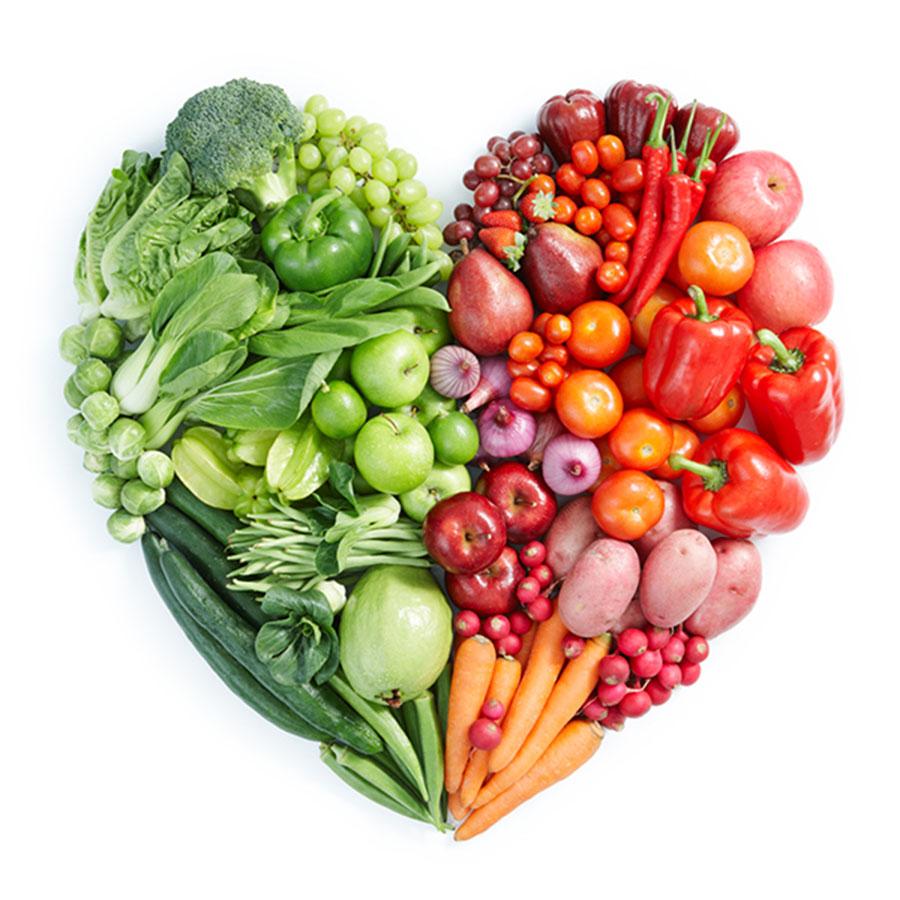Ease vs. Health
September 19, 2016
Living in a country where fast food replaces homemade meals, television replaces time outside, and gastric bypass replaces exercise, obesity has become the norm. Being healthy is difficult with all the luxuries that are offered to us. However, while these make our lives easier, they also make them unhealthier.
Food is fuel. It’s what your body runs on, and what you put into your body dictates what will come out. If you consume foods high in unhealthy fats, sugar, and carbohydrates, you will have bursts of energy followed by bouts of lethargy. However, if you fill your body with fruits, vegetables, lean meats, good fats, and good carbohydrates, you will have energy for the whole day.
Exercise is another factor that people dismiss. It can prevent high blood pressure, weight gain, diabetes, osteoporosis, and can help with depression and anxiety.
Exercise and food also affect sleeping habits. The more bad food you eat, the more your sleep cycle will suffer. If you’re eating 3,000 calories a day and not moving around, your body has all this unused energy, which will make it harder for you to fall asleep. In contrast, if you eat less and exercise for an hour a day, your sleep cycle will normalize.
A huge factor in staying healthy is staying hydrated. As we are sixty-six percent water, we need liquids to maintain normal body functions, transport substances within our bodies, and regulate our temperatures. One should drink one third of our body weight in water throughout the day.
Eating right eighty percent of the time, staying hydrated, exercising, and sleeping well is easier said than done. It’s hard to stay accountable and positive about a healthy lifestyle if it’s not something that you’re used to. One thing you can do to stay accountable is find workout partners to encourage you, as it is easy to get discouraged without others to suffer through the same things with you.
Staying positive is also difficult. Keeping an inspiration wall full of quotes is helpful, as well as giving yourself rewards when you reach milestones.
When I asked ten high schoolers about their diet and exercise habits, the athletes of the group responded by saying that they exercise five days a week by going to practice for their respective sports. Half of them said they still make the effort to work out during off season. However, their diets weren’t as ideal; all of them said they eat whatever is easiest without paying attention to the nutritional value of their choices.












